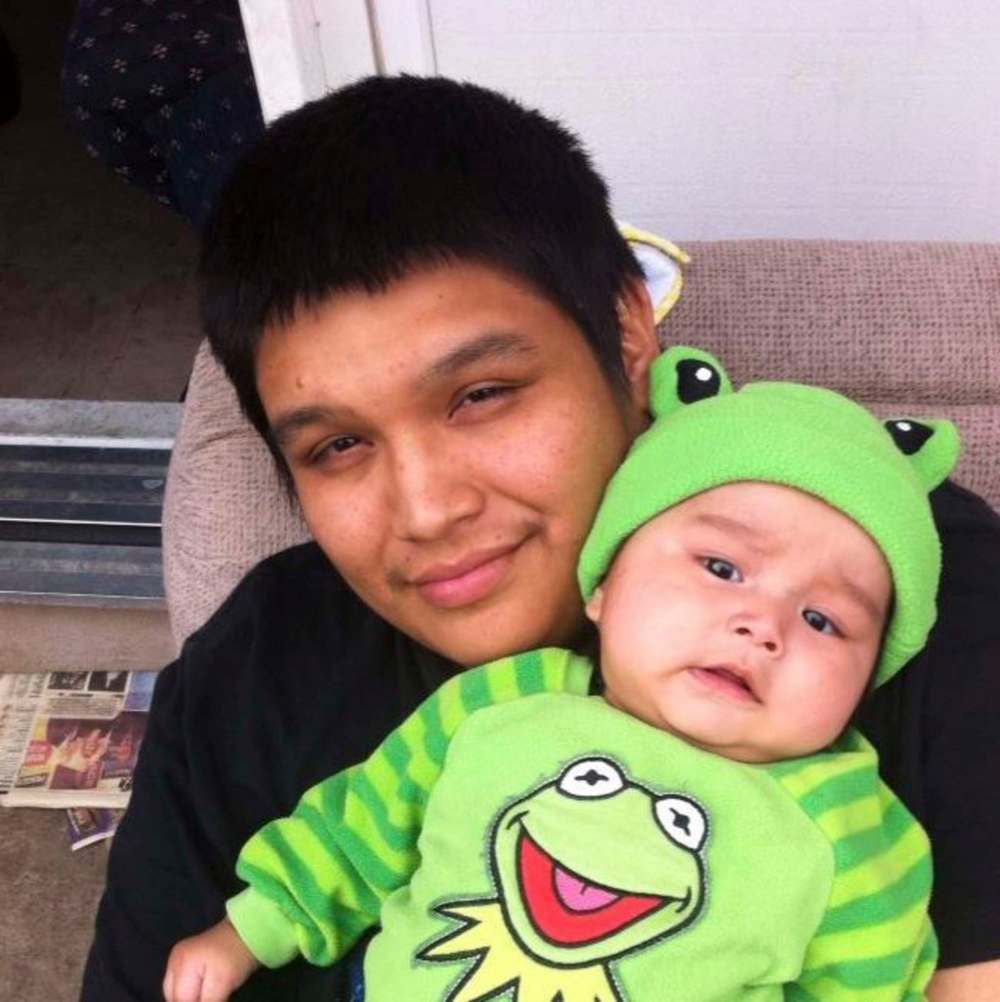Remand centre deaths deserve full review
Read this article for free:
or
Already have an account? Log in here »
To continue reading, please subscribe:
Monthly Digital Subscription
$0 for the first 4 weeks*
- Enjoy unlimited reading on winnipegfreepress.com
- Read the E-Edition, our digital replica newspaper
- Access News Break, our award-winning app
- Play interactive puzzles
*No charge for 4 weeks then price increases to the regular rate of $19.00 plus GST every four weeks. Offer available to new and qualified returning subscribers only. Cancel any time.
Monthly Digital Subscription
$4.75/week*
- Enjoy unlimited reading on winnipegfreepress.com
- Read the E-Edition, our digital replica newspaper
- Access News Break, our award-winning app
- Play interactive puzzles
*Billed as $19 plus GST every four weeks. Cancel any time.
To continue reading, please subscribe:
Add Free Press access to your Brandon Sun subscription for only an additional
$1 for the first 4 weeks*
*Your next subscription payment will increase by $1.00 and you will be charged $16.99 plus GST for four weeks. After four weeks, your payment will increase to $23.99 plus GST every four weeks.
Read unlimited articles for free today:
or
Already have an account? Log in here »
Hey there, time traveller!
This article was published 19/06/2019 (2368 days ago), so information in it may no longer be current.
The Canadian Museum for Human Rights in Winnipeg is justifiably proud of its current exhibit Mandela: Struggle for Freedom, which includes a replica of the cell in which he spent the majority of his 27 years imprisoned. The ordeal gave Nelson Mandela credibility when he noted, “It is said that no one truly knows a nation until one has been inside its jails.”
By grim coincidence, the Mandela exhibit is taking place at the same time and in the same city in which a report was issued regarding the jailhouse death of a Winnipeg man who was refused access to his anti-epileptic medication while inside the Winnipeg Remand Centre three years ago.
Bradley Errol Greene, a 26-year-old father of four, died of complications from two epileptic seizures. Correctional officials had handcuffed him and shackled his ankles while he was experiencing the first seizure.

Mr. Greene’s crime? He had been arrested on a charge of consuming alcohol in violation of previous release conditions, an allegation which had not yet been tested in court.
Provincial court Judge Heather Pullan ended an inquest into his death last week with a report calling for an independent review of health-care services at the remand centre, noting Mr. Greene was one of five inmates who died inside the remand centre in 2016.
Justice Minister Cliff Cullen said the province is examining the 170-page report, and hasn’t decided whether to agree to the judge’s recommendation of an independent review. As Mr. Cullen ponders, he should consider this: an independent review would seem to be the only way the public can understand what’s going wrong behind the bars of the remand centre.
Manitoba Justice is secretive by culture, and typically won’t discuss circumstances of inmates’ deaths until legally obliged. This lack of information is a problem because citizens of Manitoba, through our elected provincial representatives, are morally and legally responsible for the safety of inmates at the remand centre. It’s on us. When the state takes away the rights and liberties of citizens by removing them from society, it has the responsibility to protect inmates from violence and provide them with physical and mental health care.
The deaths at the remand centre are particularly alarming because many of the prisoners there are legally presumed innocent, awaiting their day in court to face accusations. Many remand centre inmates face relatively unremarkable allegations, such as violating a probation order, that could be dealt with quickly if the judicial system was adequately staffed and efficiently managed.
It would be naive not to acknowledge the challenges remand centre staff face as they fulfil their responsibility of caring for around 300 inmates, many of whom suffer from addictions, mental illness, abusive backgrounds and a default tendency to act violently.

But it’s crucial that prisoners be treated humanely and with compassion because those are the values to which Manitoba strives, and also because most of the prisoners will eventually be returned to the community. One of the goals of civilized incarceration is that inmates who are shown respect by the justice system might, upon their release, show more respect for other people.
As Mr. Cullen and his team consider whether to hold the review into the remand centre, perhaps they should go off-site and discuss the issue while viewing the museum’s exhibit focused on Mr. Mandela, who also said this: “A nation should not be judged by how it treats its highest citizens, but its lowest ones.”








